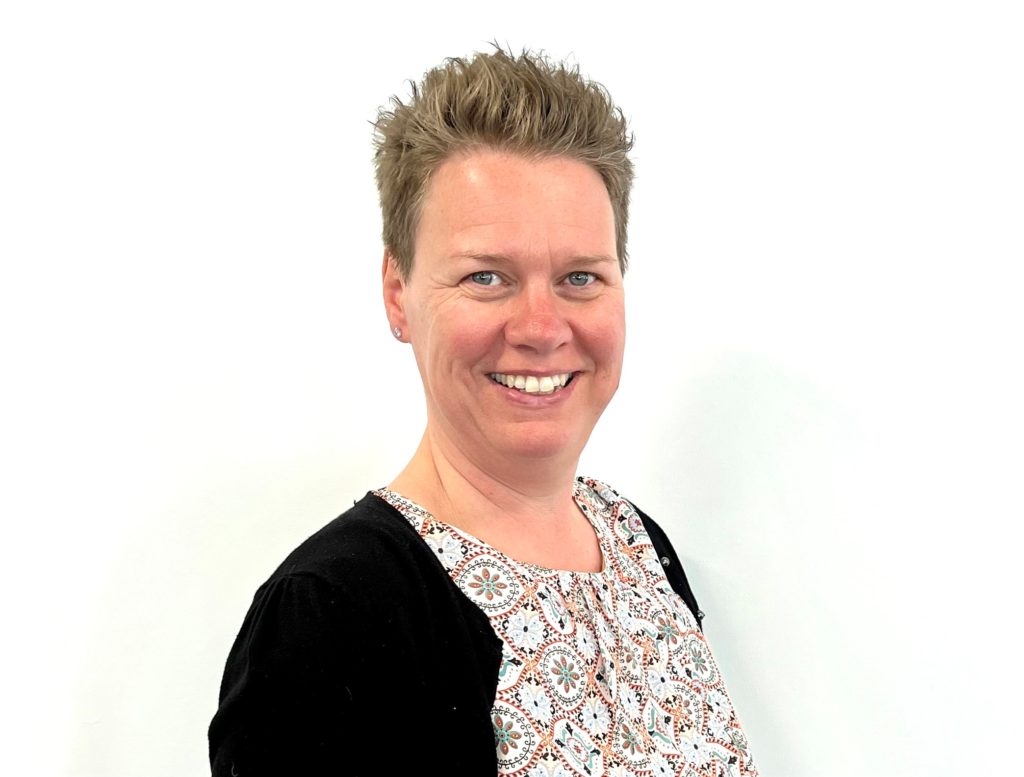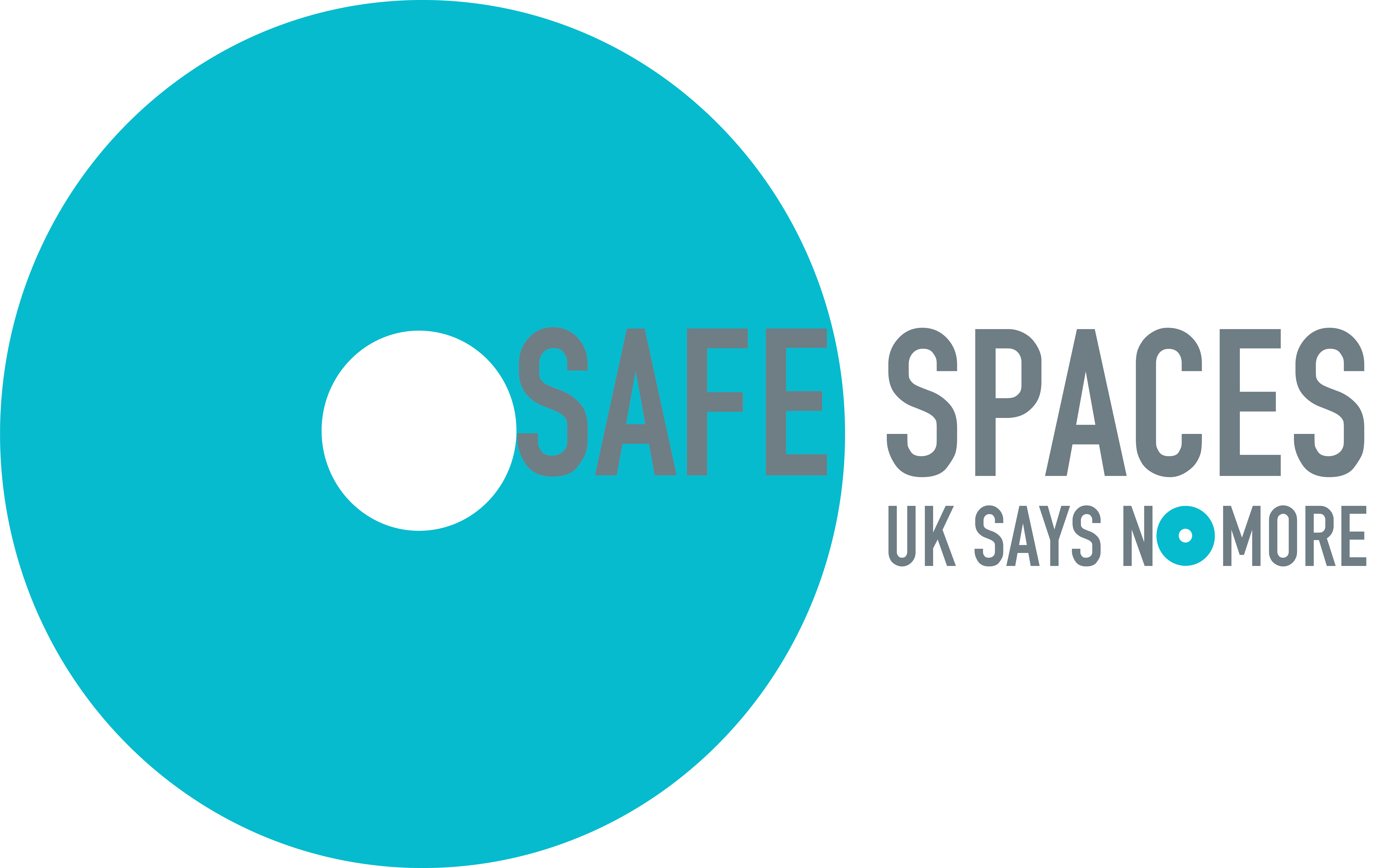Find Us
The Clear Company
The Base
20 Dallam Lane
Warrington
Cheshire
WA2 7NG

Diversity, Equity and Inclusion (DEI) at work and the ability to create an inclusive culture that welcomes everyone is central to success and growth but takes real work to implement. Jenny Hinde, Director and Sarah Ramsden, Head of Content at the Clear Company look at the DEI themes for 2023.

Diversity, Equity and Inclusion (DEI) at work and the ability to create an inclusive culture that welcomes everyone is central to success and growth but takes real work to implement. Jenny Hinde, Director and Sarah Ramsden, Head of Content at the Clear Company look at the DEI themes for 2023.
Begin or progress your DEI journey in 2023, contact us to find out how our expert team can help you start or register for a free ED&I strategy review.
About the Authors:
Jenny Hinde – Executive Director
Jenny has more than 20 years’ experience as an HR Director, her most recent role as an HR Director of Amey saw her lead a successful Diversity and Inclusion agenda in the construction and engineering sector for 10 years. With a pan-diversity approach Jenny is highly experienced in defining the business case, setting the strategic direction and implementing robust solutions to diversity challenges. At the Clear Company she works closely with clients such as Network Rail, United Utilities and Highways England and has successfully developed and facilitated global inclusive leadership programmes in a variety of formats including coaching, virtual delivery and workshop events in order to align leaders to a common inclusion agenda, including 1:1 Executive coaching.

Sarah Ramsden, Head Of Equity, Diversity and Inclusion Content and Learning Design, The Clear Company
Sarah holds 20+ years HR experience at a strategic level working with boards and senior executive teams in the UK’s leading global STEM companies. Specialising in Leadership Development, Sarah has proven results in improving Inclusive Leadership Capability, Inclusive Culture Behavioural Change, Employee Engagement and Diverse Senior Leadership. She developed and facilitated Inclusive Leadership and Behavioural Change workshops for top 300 leaders with 360 1:1 coaching feedback built in to identify their calls to action. This combined with the introduction of a Reverse Mentoring Scheme and Leadership toolkit turned the dial.

The Clear Company
The Base
20 Dallam Lane
Warrington
Cheshire
WA2 7NG
| Cookie | Duration | Description |
|---|---|---|
| cookielawinfo-checkbox-analytics | 11 months | This cookie is set by GDPR Cookie Consent plugin. The cookie is used to store the user consent for the cookies in the category "Analytics". |
| cookielawinfo-checkbox-functional | 11 months | The cookie is set by GDPR cookie consent to record the user consent for the cookies in the category "Functional". |
| cookielawinfo-checkbox-necessary | 11 months | This cookie is set by GDPR Cookie Consent plugin. The cookies is used to store the user consent for the cookies in the category "Necessary". |
| cookielawinfo-checkbox-others | 11 months | This cookie is set by GDPR Cookie Consent plugin. The cookie is used to store the user consent for the cookies in the category "Other. |
| cookielawinfo-checkbox-performance | 11 months | This cookie is set by GDPR Cookie Consent plugin. The cookie is used to store the user consent for the cookies in the category "Performance". |
| viewed_cookie_policy | 11 months | The cookie is set by the GDPR Cookie Consent plugin and is used to store whether or not user has consented to the use of cookies. It does not store any personal data. |

Dial ‘999’ for immediate assistance. If you are unable to speak or answer questions while on a 999 call, stay on the line, and when prompted, press 55 and your call will be transferred to the police. The local police number is 101 for non-emergencies.
*The ’55’ option will only work with 999.
Am I at Risk?
‘How do I know if I am suffering domestic abuse?’ This short survey will help you identify if the behaviours you are experiencing are domestic abuse.
If you are experiencing domestic abuse, you are not alone. Local support and help is easy to access through this search function. Click here
Local Support Services
If you are experiencing domestic abuse, you are not alone. Local support and help is easy to access through this search function. Click here
Contact National Helplines
National domestic abuse support services can offer you guidance here.
Useful Links
Access a range of other services that can support you. Click here